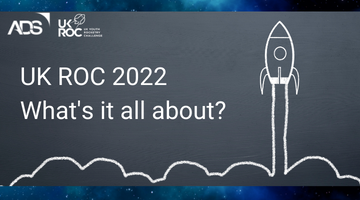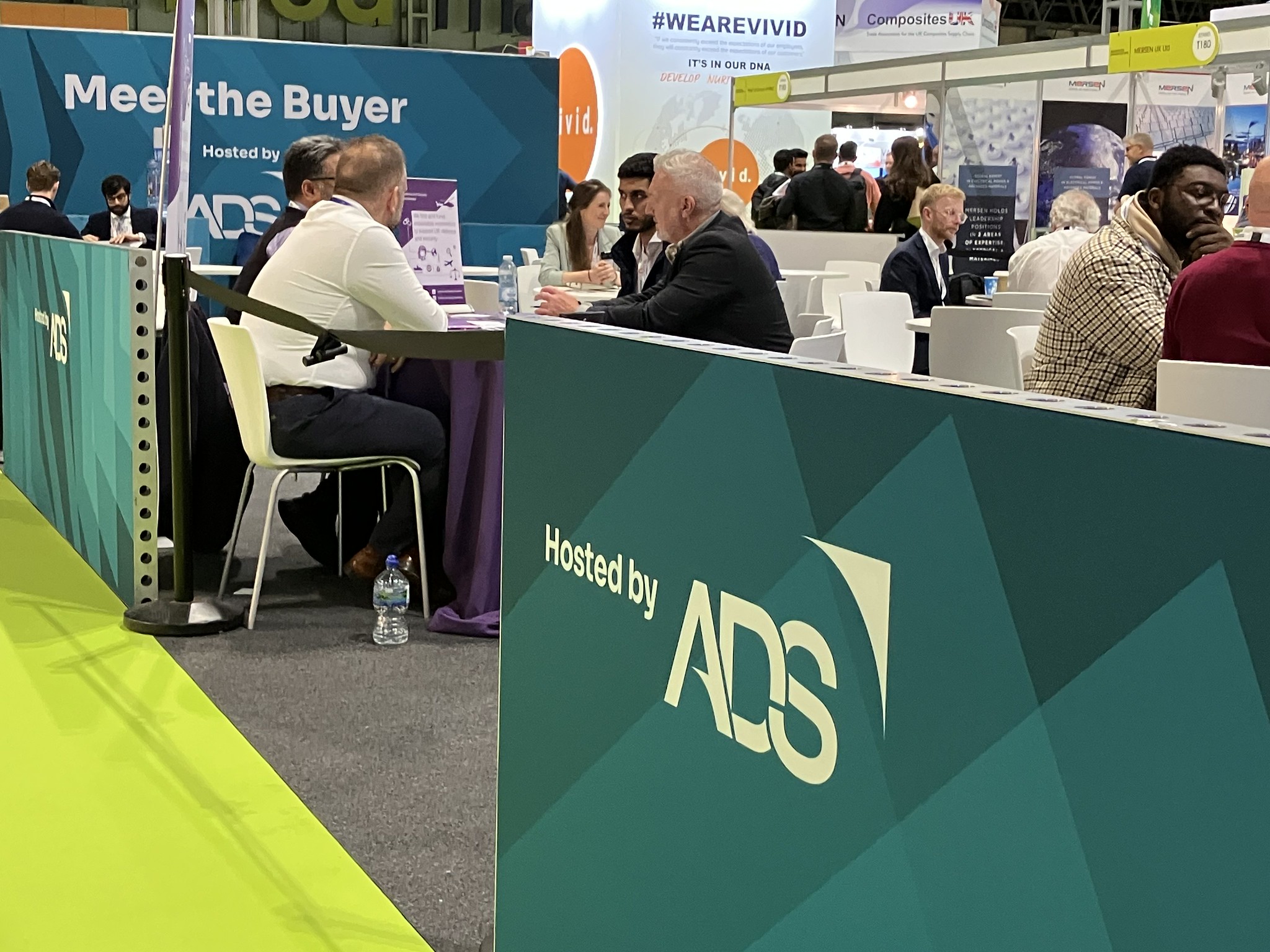
ICYMI here’s what happened on our UK ROC webinar where we gave interested teams and teachers the lowdown on the what the competition is all about.
The webinar kicked off with an overview of the competition from David Scotter, Director – Events and Market Development. Then, reigning 2021 champions Team Vesuvius offered some useful insight, hints, and tips for anyone interested in the competition.
Insight from Team Vesuvius:
Team Vesuvius said they decided to take part due to an interest in engineering and physics and felt it may give them a competitive edge when applying to universities. They also gave some useful tips for anyone considering taking part in the competition:
- Use rocket simulation software to support the design of the rocket.
- Fly the rocket as much as possible, ensure the components are adjustable.
- Consider finding a local rocketry club and attending to get some useful hints and tips from expert rocketeers.
Q&A
The webinar then moved onto a Q&A; the questions answered included.
-
Did anyone test rockets in their own school playing fields?
A few teams use fields to test their rockets and this approach can be a useful knowledge collection exercise. If this isn’t an option, Rocketeer John also recommended exploring if there are any local rocketry clubs and to consider going along to one.
-
What are the new rules for 2022?
There are a number of rules for 2022, including changes in the height, duration and payload required. The rules change each year to encourage innovative thinking amongst participants and ensures previous designs can’t be repeated. Rocketeer John iterated that the rules are well within the capabilities of a team. You can check the new 2022 rules here.
-
Where can you source materials for the rocket?
There are a number of ways you can source materials for your rocket, for example either online or from rocketry specific shops. The Rocketeers and Team Vesuvius recommended allowing plenty of time to source your parts as some parts such as the body tubes, motors and nose cone require specialised model rocket parts. There is a list of approved suppliers on our website.
-
On average how many hours does it take to be competition ready?
The rocketeers stressed this is different for every team and recommended meeting as a team at least once every two weeks for a two-hour session and use the time efficiently. For other teams it may be beneficial to at meet once a week. It’s important to find out what works for you. Check out our handy guides on how to get competition ready!
-
What type of device is used to record the height and duration of the flight?
An altimeter is used to record the height and duration of the flight. The 2022 rules and mission statement specify the type/s of altimeter allowed and how it should be fitted to the rocket.
-
What software is useful for modelling flight parameters?
Before making prototypes, it’s a good idea to simulate your rocket design and potential flight trajectory. There are three main platforms to do this on, RockSim and Space Cad both have a small charge or you can use Open Rocket which is free. For more information about simulation software, visit here.
-
When is the deadline for registrations?
The absolute deadline to register for the 2022 competition is the 25 February 2022. Don’t delay, register now!
Thank you to everyone who attended and asked questions and thank you to rocketeers and Team Vesuvius for taking the time to answer. For anyone interested some key dates and contact details are below, and if you’re interested register now and keep up to date with the competition via Twitter, Instagram and Facebook.
Key dates and contact details
- Registration deadline – 25 February 2022
- Regional Finals – April 2022
- UK National Final – June 2022
- International Final – 22 July 2022
Contacts
- Maddie Fleetwood, Event Manager, ADS, madeleine.fleetwood@adsgroup.org.uk
- David Tranter, Expert Rocketeer, datnuc@btinternet.com
- John Jacomb, Expert Rocketeer, rocketry1953@gmail.com





